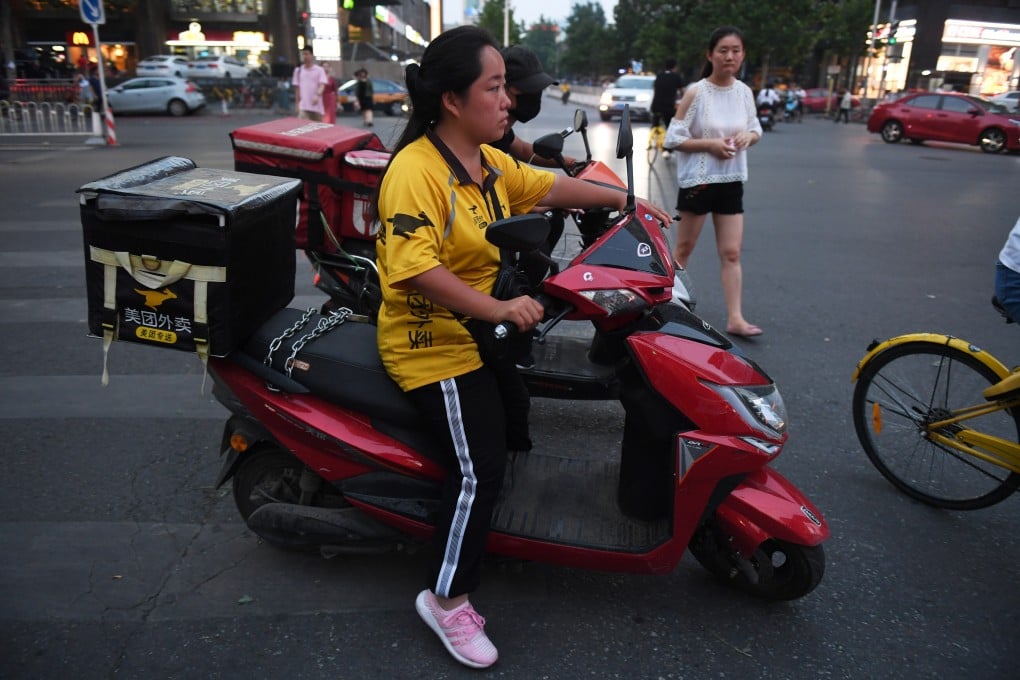China’s biggest food delivery platforms act after state-backed calls to stop food waste
- Meituan co-published a proposal calling on restaurants to stop food waste and help cultivate new eating habits for customers
- Catering associations in more than 18 provinces have also joined the campaign to eliminate food waste

China’s two biggest food delivery platforms Ele.me and Meituan Dianping are the latest to join the country’s food saving campaign after Chinese President Xi Jinping’s call to end food waste.
Last week Meituan co-published a proposal with a number of business organisations, including the China General Chamber of Commerce and China Cuisine Association, calling on restaurants to stop food waste and help cultivate new eating habits for customers.
“Restaurants should innovate means of publicity using official accounts on social media and live-streaming to promote and advocate food-saving actions,” the proposal said.
Meituan and the organisations are advocating that merchants offer guidance for consumers, including reminding them during the ordering process about the taste of the ingredients, portion sizes and other information about the dishes, to help them avoid food waste due to misleading information.
On Friday the China Cuisine Association announced that it had teamed up with Ele.me, the Alibaba Group Holding-owned food delivery platform, to launch a “half-dish plan”, encouraging restaurants to provide customers with the option to order smaller portions. Alibaba is the owner of the South China Morning Post.
However, the campaign has received mixed reviews on social media, with some people worrying that it will lead to potential food price increases on the delivery platforms.